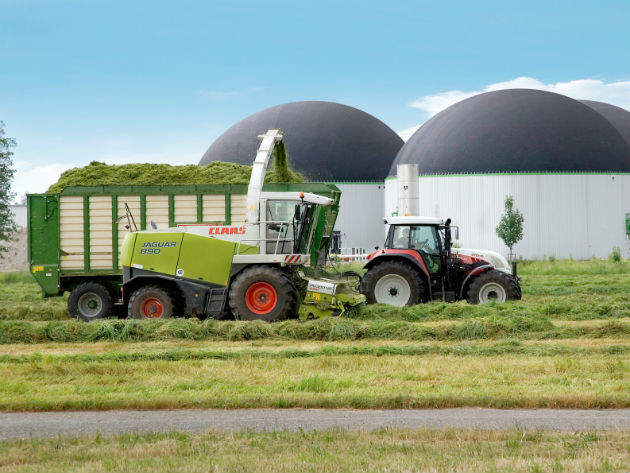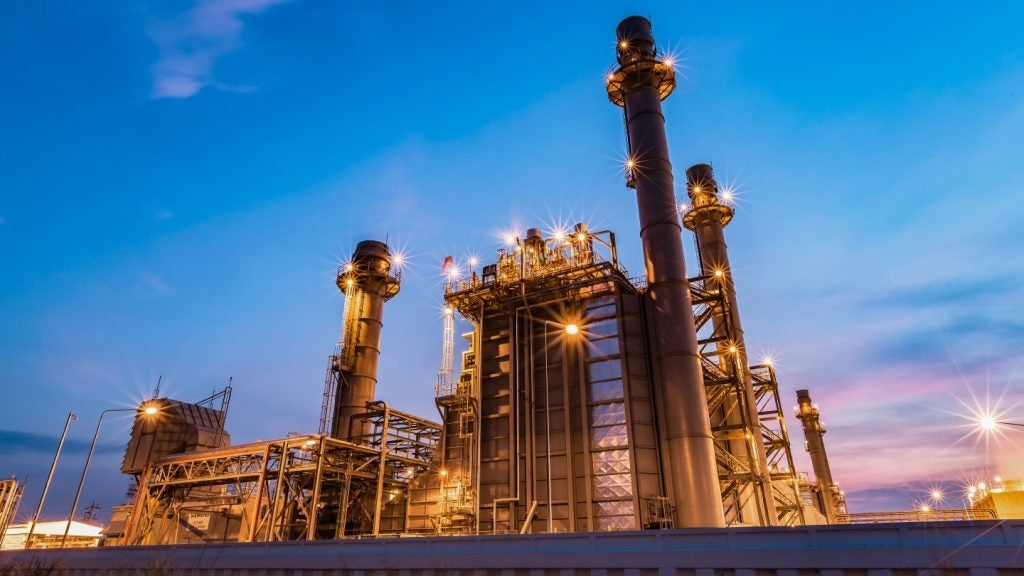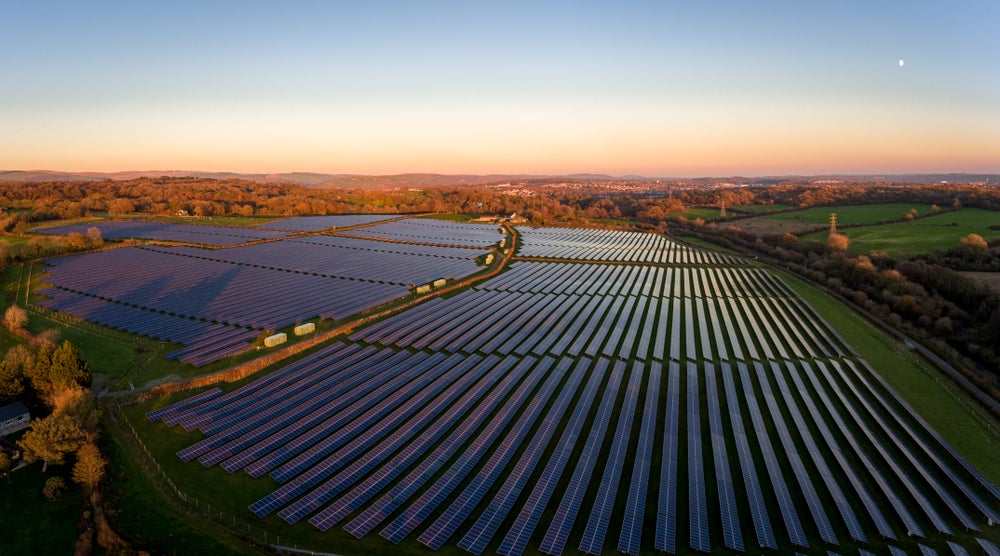

British clean energy company Ecotricity has unveiled its plan to construct green gasmills which will create clean, grid-ready gas out of grass grown on marginal lands, according to Ecotricity’s new report Green Gasmills: The Opportunity for Britain. The report explains the company’s upcoming biomass project, which it hopes will provide an environmental alternative to conventionally produced and imported gas and fracking.
Ecotricity claims there is the potential to meet the gas needs of 97% of Britain’s homes, while injecting £7.5bn a year into the economy through the development of the industry and the creation of up to 150,000 new jobs. It is currently constructing its first prototype plant near Southampton and has applied for planning permission for further sites around the country.
However, biomass projects in the UK have always been plagued by pitfalls, so will green gas be any different, and can Ecotricity live up to its ambitious claims?
Green gasmills
The green gasmills will work similarly to existing biomass projects in many ways. Ecotricity CEO Dale Vince explains: “We will grow grass and species-rich herbal leys and use anaerobic digestion, where bacteria break down biodegradable material in an oxygen-free container, to create biogas. As the grass decomposes, it releases biogas and creates a natural organic fertiliser.”
See Also:
The grass will be grown in marginal farmlands around the country, and fertilised using the by-product of the gas production. Green gasmills will have knock-on environmental benefits, as the fields of grass will be left to go organic in between harvesting, creating protected wildlife habitats.
How well do you really know your competitors?
Access the most comprehensive Company Profiles on the market, powered by GlobalData. Save hours of research. Gain competitive edge.

Thank you!
Your download email will arrive shortly
Not ready to buy yet? Download a free sample
We are confident about the unique quality of our Company Profiles. However, we want you to make the most beneficial decision for your business, so we offer a free sample that you can download by submitting the below form
By GlobalDataThe use of grass as opposed to biomass feedstocks such as crops or food waste is essential to the project. “We will be using a grass feedstock, which is common and widespread, covering one quarter of the earth’s land surface, including over ten million hectares of the UK’s farming environment,” Vince says. He has compared Ecotricity’s new process of converting grass to methane as similar to a “modern day cow”.
Each gasmill will require a small site where the grass can be biodegraded into silage, the gas collected and processed. “The biogas is then scrubbed of any other trace gases, leaving biomethane, which can be injected straight into the gas grid as a replacement for traditional fossil fuel gas,” Vince says.
Ecotricity claims the process is virtually carbon-neutral. “Grass is intrinsically part of the natural annual carbon cycle – recycling existing carbon dioxide from the atmosphere to grow within each year rather than introducing new CO2 into the atmosphere like fossil fuels do,” Vince says.
The solution to Britain’s gas dilemma?
Environmentally produced gas is a new concept compared to electricity, for which environmentally sustainable generation methods have become commonplace. It has only been in development since 2010, and the new technology used to clean and process the gas for injection into the grid has only been developed over the last two years.
Currently gas in the UK is either produced in the North Sea, imported through pipelines from Europe or brought in on tankers as liquefied natural gas. In 2015, 67 billion cubic metres of gas were consumed in Britain alone, an amount which is set to increase.
As North Sea gas supplies dwindle and offshore operations struggle economically, many have looked to fracking as a potential solution for Britain. However the proposal to frack in the UK has been met with widespread concern, with as much as 70% of the population against it, according to Vince. This is predominantly due to environmental concerns, and the link made in some reports between fracking and increased seismic activity.
If Ecotricity’s green gasmills were to become the alternative, they could help to fill the gap in the energy market. A 5MW plant would require 5,000 acres of land; this could then power 5,000 homes a year. Ecotricity’s study uses data from the Department for Environment Food & Rural Affairs (Defra) to estimate that 5,000 green gasmills could power the whole of Britain. The company has begun to apply for planning permissions, predominantly in areas where there are applications to frack.
Not only could gasmills ensure Britain’s gas security through a sustainable resource, but they bring a host benefits, according to Ecotricity. “Grass also provides a range of environmental benefits for the farming environment: improving severely depleted soil nutrition, removing black grass weed infestations, reducing the reliance on chemical and artificial fertilisers, creating wildlife habitats, aiding flood mitigation and helping ensure Britain has future food production,” Vince says. “Not to mention providing farmers with diversification at a time when EU CAP payments will be coming to an end.”
Can biomass work?
Biomass projects have been around for decades, but the energy generation method has been repeatedly plagued by problems. The large amount of land needed to grow the feedstock necessitates long transport routes and means those lands cannot be used for essential food crop production or animal rearing. Biomass has also faced criticism over the pollutants it creates when being burnt, including ethanol, and the CO2 being stored within the plant.
By virtue of being a gas production plant as opposed to an electricity producer, Ecotricity has negated several problems. “Using biomass to create electricity is an inefficient use of the feedstock because so much energy is lost in heat,” Vince says. As gas production does not rely on burning the fuels, energy is not lost as heat, while ensuring the process is virtually carbon-neutral. Unlike electrical plants there is no ethanol created as a by-product; the only waste created is a fertiliser which will be put to use on site.
The transportation of the grass to the plant remains a problem, but Vince is already planning for it. “Feedstock will be sourced from within 15km of the AD [anaerobic digestion] plant to cut transport emissions and once we are up and running we will switch to tractors running on biomethane, bringing us even closer to carbon neutrality.”
The reliance on grass will come at a cost, however, and initially green gas will be more expensive than conventional natural gas and imported liquid natural gas. Large amounts of new infrastructure will be required for the technology to achieve its full potential, necessitating time and a large workforce.
However, for now, Ecotricity says it has enough support to allow it to make a start on projects. Having gained funding, the company is hoping the success of the prototype will allow it to present green gas as an alternative to fracking. This has already gained support from political parties such as the Liberal Democrats and environmental charities such as Greenpeace.
With construction of the first plan approved and set to commence, Ecotricity hopes to be able to build many more green gasmills as soon as possible. The development of environmentally sourced gas is new and largely untested, but should it prove successful, green gasmills could provide Britain – and potentially other parts of the world – with a sustainable source of gas and encourage a move away from fossil fuels and fracking.





